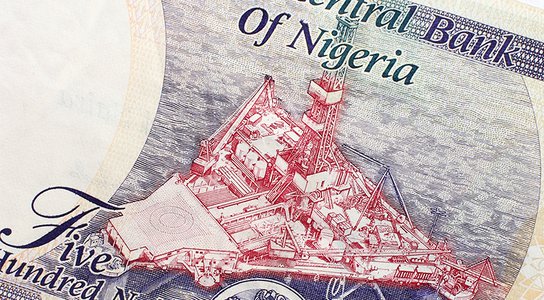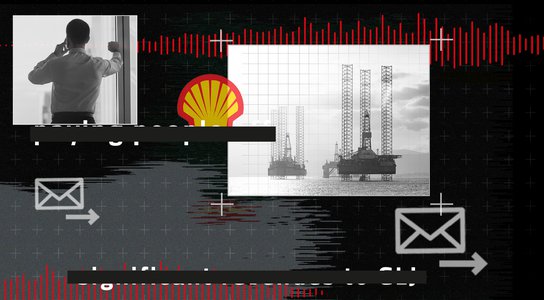A deal Shell and Eni engineered for one of Africa’s most promising oil blocks is set to deprive the people of Nigeria of an estimated $6 billion in future revenues, according to analysis we commissioned from leading experts.
Our discovery of Shell’s dire terms for the OPL 245 oil block comes soon after Nigeria became the country with the highest rates of extreme poverty in the world. The $6 billion in revenue that the companies are set to deprive the Nigerian people of is equivalent to twice the country’s annual health and education budget, or enough to train six million teachers. Instead, we could see that money boosting profits for the European oil giants.
Follow up research was conducted by Resources for Development Consulting, analysing the valuations conducted by the companies. These showed that their $1.1bn up front payment was only made possible by the generous tax terms they received. An analysis was also carried out into the impact of ‘back-in rights’ which revealed that these terms are prohibitively costly, and do not remedy the issues with the original contract. In addition, the analysis reveals the contract resembles a military-era ‘Sole Risk’ contract.
Help #TakeTheFuture back
Shell shouts about its ‘Make the Future’ campaign to inspire the next generation of scientists and engineers. Meanwhile, the money Nigeria is set to lose could educate the next generation and pay for key infrastructure the country needs, making a better future for the Nigerian people.
Help us expose Shell’s efforts to take
the future from the people of Nigeria, and urge the Nigerian government to
overturn the deal by tweeting our film with #TakeTheFuture #MakeTheFuture
The dire terms of the deal
As our report shows, Shell executives knew the deal they were asking for was not a “production sharing contract”, which would have given the Nigerian Government a share of the oil from their OPL 245 block. But Shell and Eni continued to call it that – despite having removed the Nigerian Government’s share of oil entirely.
Nigeria’s civil servants objected, calling the deal “highly prejudicial to the interests of the Federal Government”, but Nigerian ministers appear to have ignored or overruled the concerns of their civil servants.
Background to the OPL 245 deal
As we exposed in 2017, Shell knew their billion dollar payment for the deal was not going into the public purse, but would fill private pockets instead. Shell and Eni and some of their most senior executives are now facing bribery charges in Italy and Nigeria, in one of the biggest corporate corruption cases in history. Prosecutors allege that their $1.1bn payment for the block in 2011 funded bribes to key ministers. The trial is ongoing and the defendants have denied wrongdoing.
Shell and Eni still hold the licence for OPL245, even though the Nigerian government has called the deal ‘corrupt’.

